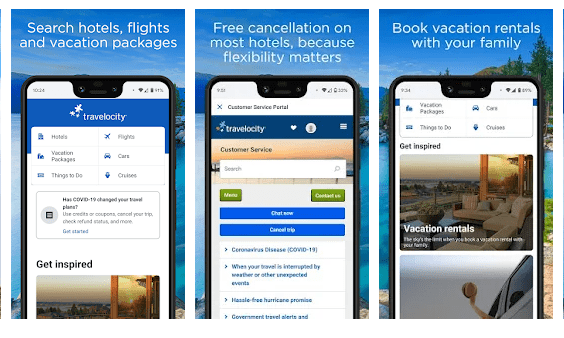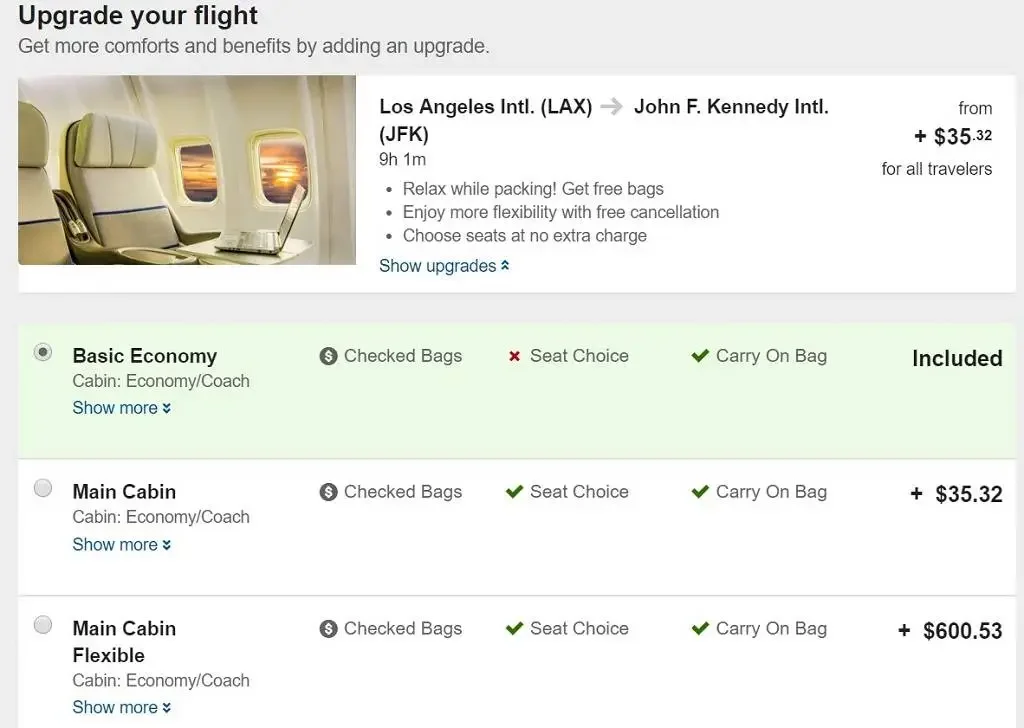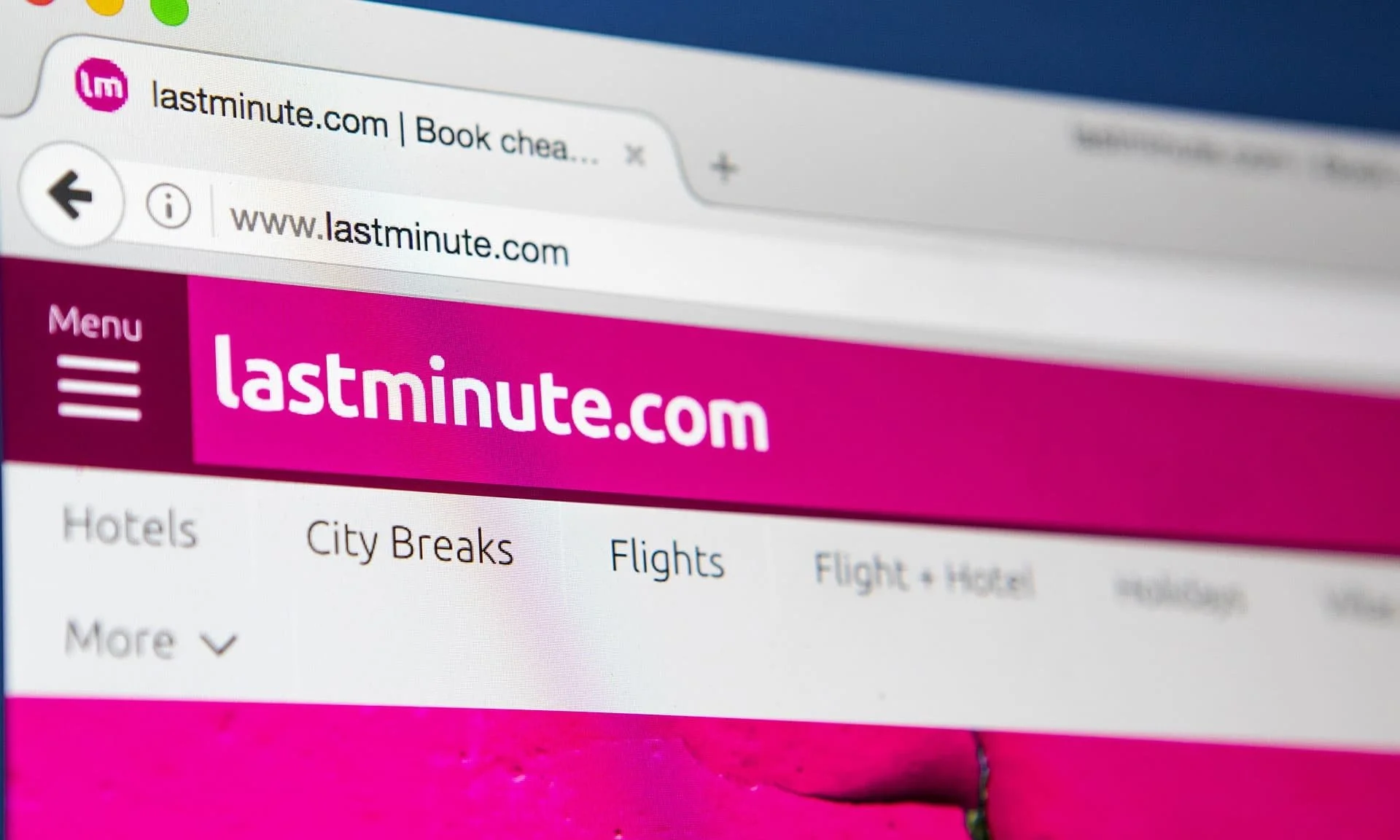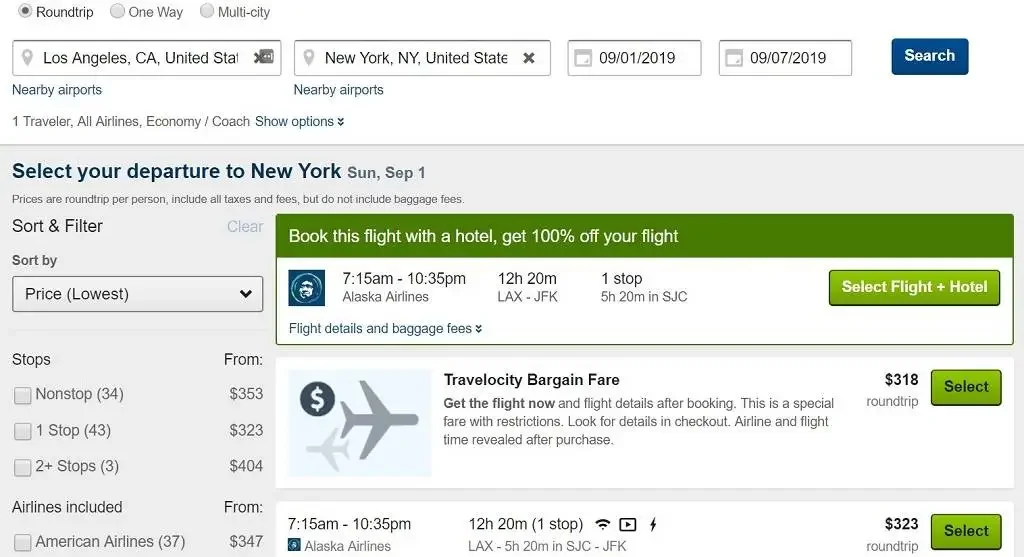Travelocity’s Mobile and UX Evolution
How a legacy travel brand embraced mobile, streamlined internal processes, and set the stage for an acquisition.
As the UX Director at Travelocity, I led UX and design efforts, driving revenue and conversion gains by launching high-impact features, reintroducing product discovery, and guiding teams through a mobile-first transformation. This era marked a shift in Travelocity’s business model, powered by cutting-edge mobile apps, personalized experiences, and service enhancements that aligned with evolving traveler behavior.
Director of Design & User Experience
Team of 11
Reported to the VP Product, Channels and Experience
2 years
Reason for leaving: Acquired by Expedia, and the platform was sunset
Quick Impact During my Time @ Travelociy
15%+
Supported lifted mobile conversion: 15%+ increase in conversion across air, hotel, and car after rolling out responsive design on smartphones/7-inch tablets.
6-8%+
Boosted bookings post-responsive: +6% iOS bookings and +8% Android bookings within 2 months of the responsive web launch.
#1
Drove top-tier customer satisfaction: #1 OTA in J.D. Power 2014 with an 804/1000 score (industry avg: 788) after web UX improvements.
Mobile Deals
Delivered everyday savings in-app: Mobile Exclusive Deals averaged ~10% cheaper than desktop pricing in the iPhone app.
Push for Mobile & UX Maturity
Empowering Travelers Through Mobile Innovation: From 2011 to 2014, Travelocity rapidly expanded its mobile offerings, launching Android and iOS apps with full-service booking and itinerary features. Exclusive mobile deals and last-minute rates incentivized on-the-go bookings, helping the brand stay competitive in a mobile-first era.
Building UX Maturity Amid an Organizational Shift: As Director of UX, I guided the evolution of internal processes to support a product-driven model — aligning cross-functional teams, improving research cadence, and elevating design quality across mobile and web. This shift laid the foundation for faster iteration and stronger traveler-centric features.
Mapping Out Big Wins
-
Shaped mobile and desktop experiences that delivered major updates and features, contributing to millions in incremental revenue and sustained improvements in conversion.
-
Launched and A/B tested new concepts that drove measurable improvements in conversion, helping optimize the booking funnel and increase transaction volumes.
-
Reinstated product discovery best practices (prototyping, validation, user testing) into the development lifecycle, which accelerated time-to-market and improved product-market fit across key initiatives.
-
Provided stability and leadership during the Expedia acquisition, ensuring design and product teams remained focused and engaged through the transition.
Working with global teams
While at Travelocity, I partnered with global teams in London and Buenos Aires—traveling on-site and collaborating virtually—to support the lastminute.com brand and shared initiatives across markets. Working closely with our global technology teams, I aligned roadmaps, coordinated time-zone-spanning releases, and kept cross-functional execution unblocked.
Making way for Expedia
Laying Strategic Groundwork for the Expedia Partnership: By modernizing the experience layer and embracing mobile-first design, Travelocity set the stage for a pivotal partnership with Expedia. This move allowed Travelocity to double down on brand and marketing strengths while leveraging Expedia’s powerful booking engine to serve travelers more effectively.





